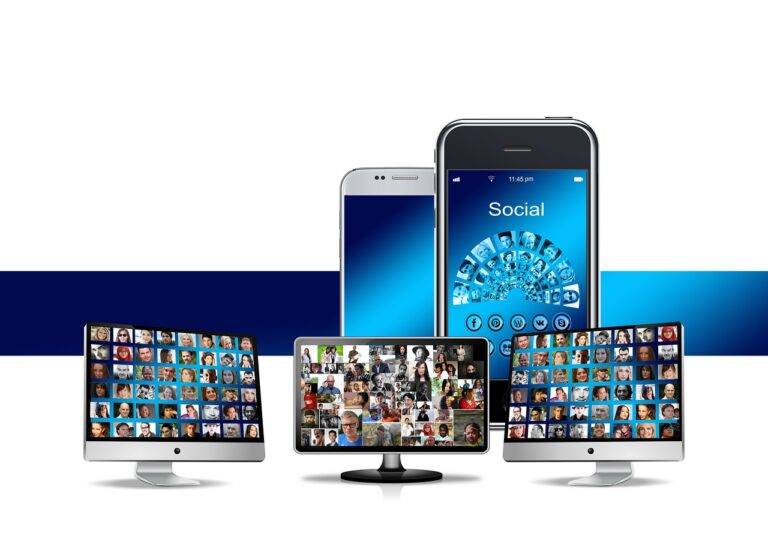The Role of AI in Personalized Healthcare Diagnosis
Artificial Intelligence (AI) is revolutionizing the healthcare industry by enhancing medical decision-making processes and patient outcomes. Through machine learning algorithms and predictive analytics, AI is able to process vast amounts of healthcare data at rapid speeds, leading to more accurate diagnoses and treatment plans. The implementation of AI technologies in healthcare has the potential to significantly reduce medical errors, improve patient safety, and increase operational efficiency in healthcare facilities.
Moreover, AI in healthcare is paving the way for personalized medicine by analyzing individual patient data and tailoring treatment plans to meet specific needs. This personalized approach to healthcare diagnosis allows for more targeted and effective treatments, ultimately improving patient outcomes and satisfaction. By harnessing the power of AI, healthcare providers can optimize resources, streamline processes, and deliver higher quality care to patients across the globe.
The Impact of AI on Diagnosis Accuracy
Artificial Intelligence (AI) has revolutionized the healthcare industry by significantly enhancing the accuracy of medical diagnoses. With the ability to process vast amounts of data quickly and efficiently, AI systems can identify patterns and anomalies that might not be readily apparent to human healthcare providers. These advanced technologies have the potential to detect diseases at earlier stages, leading to more timely interventions and improved patient outcomes.
AI-powered diagnostic tools have shown remarkable proficiency in analyzing complex medical images, such as MRIs and CT scans. By leveraging machine learning algorithms, these systems can identify subtle signs of disease that might be overlooked by even the most experienced radiologists. This level of precision not only expedites the diagnostic process but also reduces the risk of misdiagnoses, offering patients a higher degree of confidence in the accuracy of their results.
Advantages of Personalized Healthcare Diagnosis
Personalized healthcare diagnosis offers tailored treatment plans that are specifically designed to meet the individual needs of each patient. By taking into account a person’s unique genetic makeup, lifestyle factors, and medical history, healthcare providers can offer more precise and effective interventions. This personalized approach enables patients to receive treatments that are more likely to be successful and minimizes the risk of adverse effects from unnecessary procedures or medications.
Moreover, personalized healthcare diagnosis can lead to earlier detection of health issues, allowing for timely interventions and improved outcomes. By utilizing advanced technologies and data analytics, healthcare professionals can identify potential risks and health concerns before they escalate, thus preventing complications and reducing the need for expensive and invasive treatments. This proactive approach to healthcare can ultimately improve patient satisfaction and overall quality of life.





